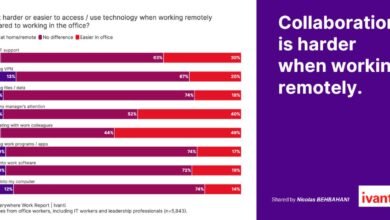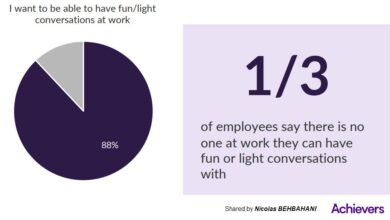These breakthroughs will make 2021 better than 2020
The latest on the innovations that will let us go back to normal

Source | www.gatesnotes.com | Bill Gates
This has been a devastating year. More than 1.6 million people have died in the COVID-19 pandemic, with more than 75 million cases and tens of trillions of dollars in economic damages. Millions of people are out of work and struggling to pay their bills, and more than a billion children are missing out on crucial time in school. In the U.S., this year also saw the horrifying killings of George Floyd and Breonna Taylor, ruinous wildfires, and a presidential election unlike any other in modern times.
But there is good news coming in 2021.
I spent most of my time this year working with colleagues at the foundation and around the world on ways to test for, treat, and prevent COVID-19. When I think back on the pace of scientific advances in 2020, I am stunned. Humans have never made more progress on any disease in a year than the world did on COVID-19 this year. Under normal circumstances, creating a vaccine can take 10 years. This time, multiple vaccines were created in less than one year.
Unfortunately, we are not out of the woods quite yet. Computer models suggest that the pandemic could get even worse over the next month or so. We also need to learn more about a new variant of the virus that has appeared, which seems to spread faster but not to be more deadly.
Still there are two main reasons to be hopeful. One is that masks, social distancing, and other interventions can slow the spread of the virus and save lives while vaccines are being rolled out.
The other reason to be hopeful is that in the spring of 2021, the vaccines and treatments you’ve been reading about in the news will start reaching the scale where they’ll have a global impact. Although there will still need to be some restrictions (on big public gatherings, for example), the number of cases and deaths will start to go down a lot—at least in wealthy countries—and life will be much closer to normal than it is now.
In this post, I want to share where things stand on COVID-19 innovations as we wrap up this year and move into the next. I’ll start with vaccines, since they’ve been in the news so much and that’s the area I get asked about the most.
How COVID-19 vaccines work
You probably know that two vaccines—one developed by Moderna, the other by Pfizer and BioNTech—have received emergency approval in the U.S. The Pfizer/BioNTech vaccine has also been approved in the U.K. and other countries. And several other companies will probably be announcing results of clinical efficacy trials soon.
What you might not have read is that the success of the first two vaccines also bodes well for many of the other candidates. Virtually all of the vaccines now undergoing efficacy studies attack the same part of the novel coronavirus as the first two do. (It’s the protein that spikes out of the virus, giving the coronavirus its crown-like shape as well as its name.) Now that researchers know attacking that particular protein can work, they have reason to be optimistic about other vaccines that do the same thing.
Despite this basic similarity, the various vaccines use different approaches to attacking the virus. The ones developed by Moderna and Pfizer/BioNTech involve what’s called mRNA technology—an approach our foundation is intimately familiar with, because we’ve been funding research on it since 2014 as a way to create vaccines for malaria and HIV. It’s great that the technology is now allowing unprecedented progress on COVID-19.
It’s no accident that mRNA vaccines were the first out of the gate. By design, this type of vaccine can be created faster than conventional ones. It works by using messenger RNA to deliver instructions that cue your body to produce the distinctive spike protein. Then your immune system kicks in and attacks anything with that spike on it, including the COVID-19 virus.







